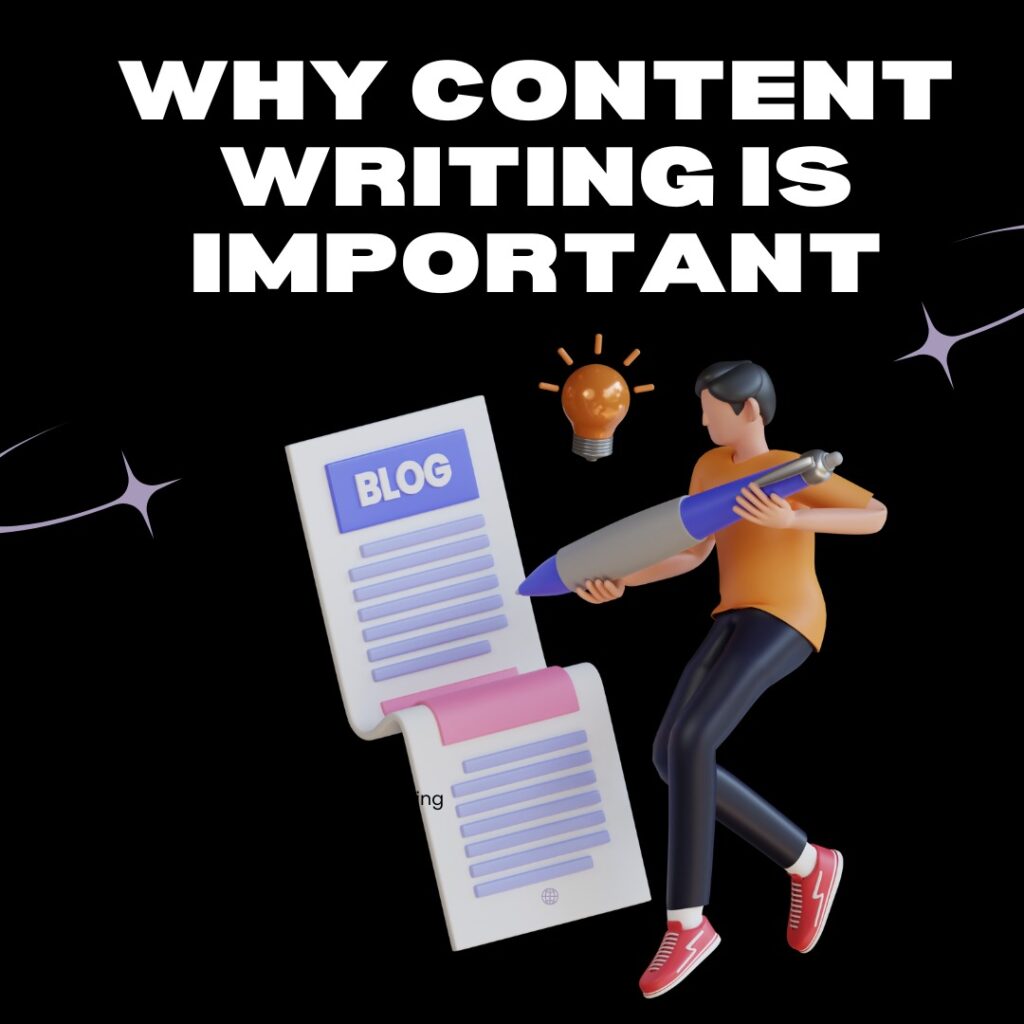
The importance of social media marketing: 7 stats that prove social’s role in business success
Introduction. The social marketing dimensions of a brand: mainly social media will be the use of Facebook, Twitter, LinkedIn, Pinterest,
Did you know that 70% of consumers prefer learning about a company through content rather than traditional advertisements? In today’s digital world, content writing isn’t just about putting words on a page—it’s the foundation of how businesses communicate, engage, and grow online. So, what exactly is content writing? At its core, content writing is the art of crafting clear, engaging, and purposeful written material designed for digital platforms like websites, blogs, social media, and email newsletters. But its importance goes far beyond just filling up space. Content writing plays a critical role in boosting search engine rankings, enhancing brand voice, and building a lasting online presence. Whether you’re a business owner or a marketer, understanding the power of content writing can help you connect with your audience and achieve your digital goals.



Blog posts and articles are designed to inform, entertain, or educate readers. They often focus on providing in-depth coverage of specific topics to address the interests and pain points of the target audience. These pieces are typically SEO-optimized to rank well on search engines, helping businesses attract organic traffic. Whether it's a how-to guide or a thought-leadership piece, the aim is to build trust and keep readers engaged.
SEO content is written with the primary goal of improving a website's ranking on search engines like Google. This type of writing uses carefully researched keywords and incorporates them naturally into the content. The goal is to increase visibility and drive organic traffic to a site. SEO content can range from blog posts to landing pages, product descriptions, and more, all tailored to attract and convert visitors.


Introduction. The social marketing dimensions of a brand: mainly social media will be the use of Facebook, Twitter, LinkedIn, Pinterest,

How AI and Humans Collaborate in Website Content Creation. AI continues to impact World Wide Web development and digital

Introduction. The social marketing dimensions of a brand: mainly social media will be the use of Facebook, Twitter, LinkedIn, Pinterest,

Customer ConnectionIn today’s age of technology, using online marketing can really help your business grow. By creating a

Introducation Website Solutions If you need assistance with developing a website, our platform is at your disposal. These are a

Introduction. Websites are created in two main ways: either through WordPress or by using coding. The types of websites